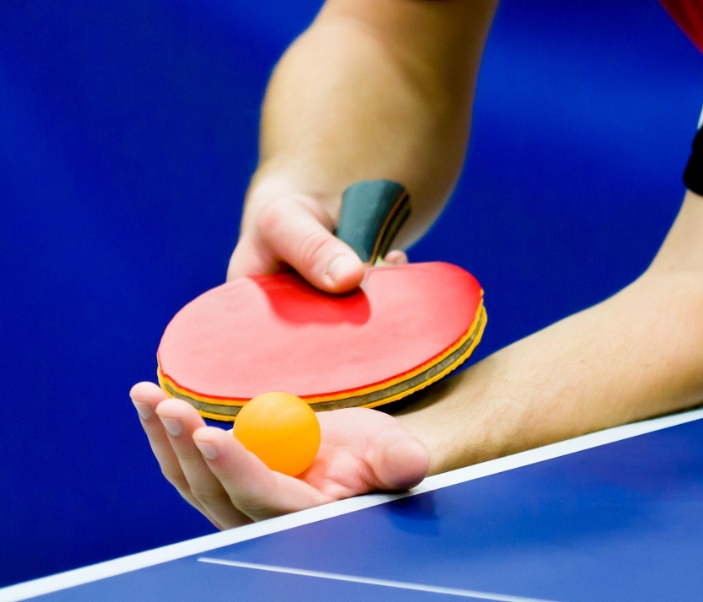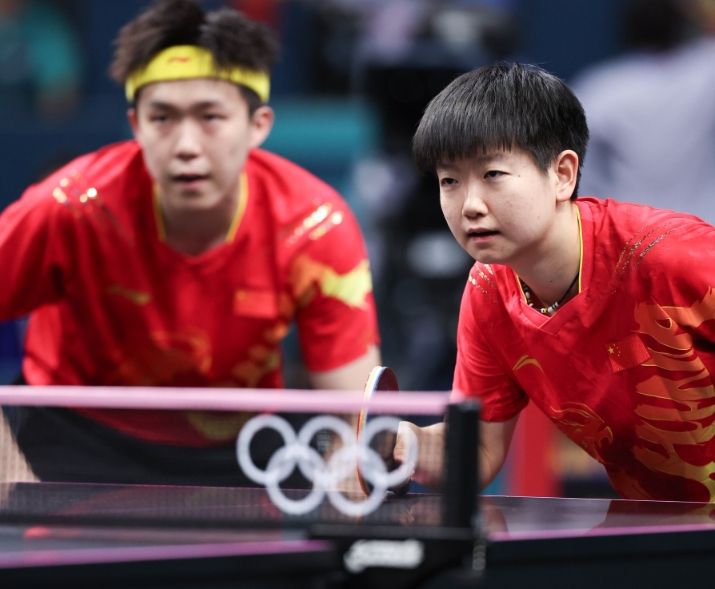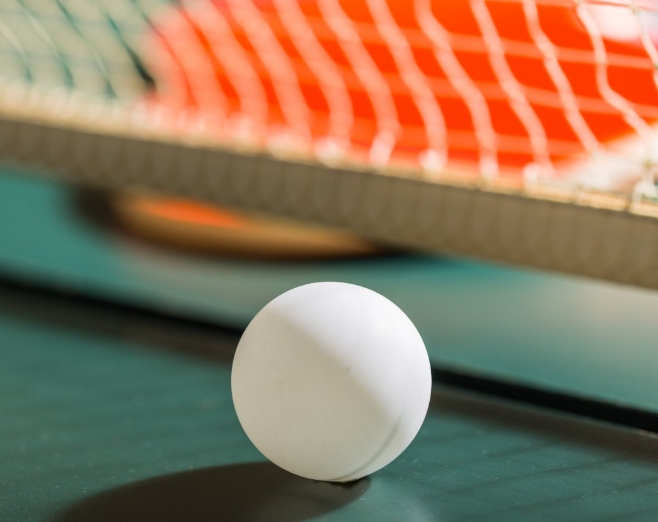Table tennis team competitions are a thrilling blend of individual skill and collective strategy. Unlike singles matches, team events require players to work together, making them both challenging and rewarding. To succeed in these competitions, it's crucial to understand the rules and regulations set by the International Table Tennis Federation (ITTF).
Understanding the Team Format
In a typical table tennis team competition, each team consists of three players. The match format usually follows a best-of-five or best-of-seven series, with each team member playing against their counterpart from the opposing team. The order of play is crucial and must be decided before the match begins. Teams often strategize to maximize their strengths and exploit the weaknesses of their opponents.
For example, a team might place their strongest player in the first and fifth positions to secure early momentum and potentially close out the match. Alternatively, they might use their lineup to counter specific playing styles of the opposing team.
Match Structure and Scoring
Each match within the team competition follows the standard table tennis scoring rules. Matches are played as best-of-five games, with each game played to 11 points. A player must win by at least a two-point margin. If the score reaches 10-10, play continues until one player establishes a two-point lead.
In a team competition, the first team to win a predetermined number of matches (three out of five or four out of seven) is declared the winner. It's important to note that each match within the series is independent, and the results do not carry over. This means that every match starts fresh, adding an element of unpredictability and excitement.
Player Line-ups and Substitutions
Before the match begins, each team submits a lineup indicating the order of play. Once the lineup is submitted, it cannot be changed. This means that players must be prepared to perform in their designated positions, even if they face unexpected challenges.
However, there are some exceptions. If a player is injured or unable to continue, a substitution may be allowed, but only if the team has a reserve player. The reserve player must then take the place of the injured player for the remainder of the match. This rule adds an extra layer of strategy, as teams must decide whether to bring a reserve player and how to use them effectively.
Order of Play
The order of play in a team competition follows a specific sequence. Typically, the first match is between the number one players from each team, followed by the number two players, and then the number three players. After that, the sequence repeats with the number one players facing off again. This pattern continues until one team secures the required number of victories.
This structure ensures that each player has multiple opportunities to contribute to the team's success. It also means that players must maintain their focus and energy throughout the competition, as they may be called upon to play multiple times.
Strategic Considerations
Team competitions require more than just individual skill; they demand strategic thinking and teamwork. Coaches and team captains often analyze the strengths and weaknesses of both their own players and their opponents. They may adjust the lineup to match specific playing styles or exploit known vulnerabilities.
For example, if one team has a particularly strong left-handed player, the opposing team might place their best right-handed player in the corresponding position to counter the advantage. Similarly, if a player is known for their powerful forehand, the opposing team might focus on targeting their backhand.
Communication is also key during team competitions. Players often discuss tactics between matches and provide support and encouragement to their teammates. A strong team dynamic can make a significant difference in the outcome of a competition.
Sportsmanship and Fair Play
Table tennis is a sport that values sportsmanship and fair play. In team competitions, these principles are even more important. Players are expected to respect their opponents, follow the rules, and maintain a positive attitude throughout the match.
Any unsportsmanlike conduct, such as arguing with the umpire or displaying aggressive behavior, can result in penalties or even disqualification. Teams that demonstrate good sportsmanship often find that it enhances their performance and contributes to a more enjoyable competition experience.
Common Challenges and How to Overcome Them
Team competitions can present several challenges, from dealing with unexpected injuries to facing strong opponents. One common challenge is maintaining consistency across multiple matches. Players may experience fatigue or lose focus as the competition progresses.
To overcome these challenges, teams often focus on physical conditioning and mental preparation. Regular practice sessions help players build endurance and refine their skills. Additionally, mental training techniques, such as visualization and positive reinforcement, can help players stay focused and motivated.
Another challenge is adapting to different playing styles. In a team competition, players may face a variety of opponents with unique strengths and weaknesses. Being able to quickly analyze and adjust to these differences is crucial. Teams often study their opponents in advance and develop strategies to counter specific playing styles.
Preparing for Team Competitions
Success in table tennis team competitions requires careful preparation. Teams should practice together regularly to build chemistry and develop effective strategies. Coaches play a vital role in analyzing opponents and creating game plans.
Players should also focus on their individual skills, ensuring they are at peak performance. This includes working on their serves, returns, and overall game strategy. Additionally, understanding the rules and regulations of team competitions is essential for avoiding any surprises during the match.
Embracing the Team Spirit
Table tennis team competitions are more than just a series of matches; they are an opportunity to build camaraderie and create lasting memories. The shared experience of competing as a team can strengthen bonds and foster a sense of unity.
Whether you're aiming for a championship title or simply enjoying the thrill of competition, embracing the team spirit is what makes table tennis team events truly special. With the right preparation, strategy, and sportsmanship, your team can achieve great success and make the most of every match.


